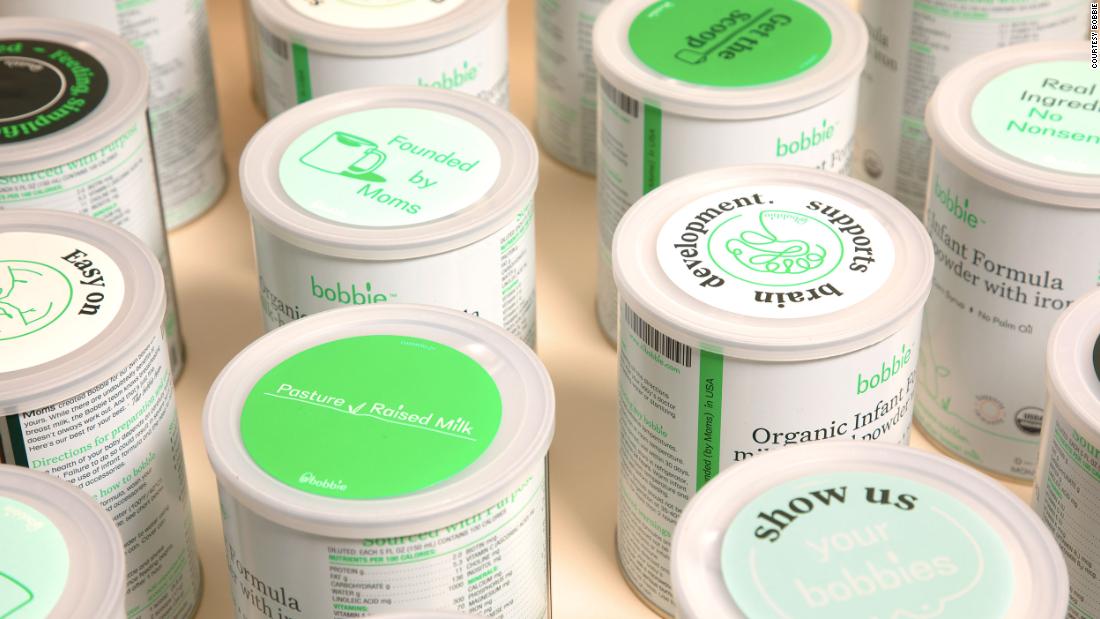Modi is CEO and cofounder of Bobbie, a San Francisco-based direct-to-consumer seller and subscription service for organic milk-based baby formula that is produced in a Vermont facility and backed by $72 million in venture capital funding.
“I remember reading about the recall and thinking it would make the shortage worse,” said Modi. It certainly did: A week after the recall of Abbott’s formula brands, Bobbie saw its new customer count double.
Soon after, the company hit full capacity and now cannot add new customers. “We currently have 70,000 subscribers nationwide and have to stop,” she said.
This is a crisis
Modi empathizes deeply with the parents scrambling to find formula. “This is a crisis,” she said, adding that producers can’t simply “flip a switch and just make more formula.”
Soon after the recall, Bobbie ramped up to 24/7 production for as much as the plant was able to handle, she said. Pushing production even more, or taking short cuts to boost supply, can result in safety issues, she added.
Infant formula production itself is a complicated, time-consuming process that requires multiple checks and balances, inspections and regulatory approvals.
The FDA also conducts yearly inspections of all facilities that manufacture infant formula, during which it collects and analyzes samples of infant formula.
Founded in 2018, Modi started Bobbie because she was unable to breastfeed her first child, She turned to formula but couldn’t find an organic option that didn’t include ingredients like palm oil, gluten or corn syrup. It uses milk from grass-fed, pasture-raised cows and whey, one of the primary proteins in dairy products.
Modi said it took her company three years to design and build its supply chain, find a manufacturing partner, and get the required approvals from the FDA before Bobbie was able to market its formula brand in 2021.
The company also conducts 2,000 continuous quality checks from raw ingredients to the end product, before, during and after production, she added.
Given the lengthy process in general for formula production, Modi said the immediate solution to the current shortage might not be in finding new manufacturers but rather adding to the supply from other sources, such as approving formula from other overseas markets such as in Europe for sale in the United States.
The US formula market is dominated by only a few large companies. “If something happens to one of them that affects their production, it creates a crisis,” that cascades through, she said.
.
